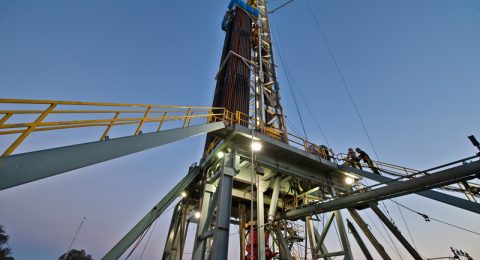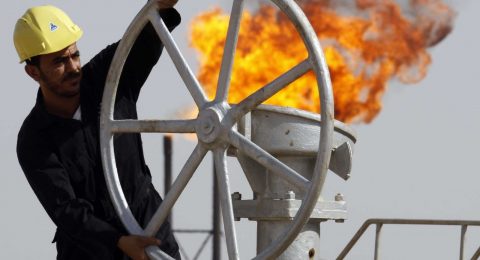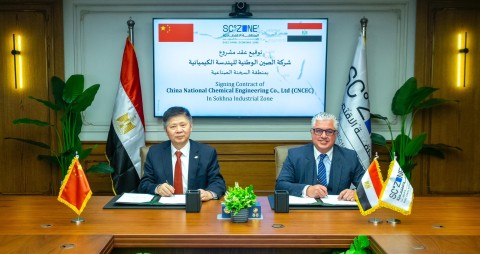Saudi Aramco, the state-controlled oil company, has cut its official selling price (OSP) for its benchmark Arab Light Grade for September-loading cargoes to Asia by $1.30 a barrel to a discount price of $1.10 to the regional marker Oman-Dubai, Reuters reported. Pricing for Light and Extra Light grades was lowered by 20% and 40%, respectively. The prices for Medium and Heavy grades remain stable.
Even though the Asian markets represent around 70% of Saudi crude export, Aramco’s CEO, Amin Nasser, said he was not concerned over company’s market share on the Asian continent despite kingdom’s rivals, namely Iraq, Iran, and Russia gaining momentum.
Meanwhile, Saudi Arabia’s crude import to China in H1 of 2016 decreased to 14.2%, down from 16.2% in the same period a year ago. In contrast, Russia’s share went up from 11.9% to 14.1%. Bloomberg informed that the proximity of Kozmino port, from where Russia ships Siberian crude, to Qingdao, where Chinese private refiners typically receive their supplies, has helped boost cargoes after the processors were allowed to use overseas oil last year.
On the other hand, the kingdom’s exports to India, the second largest crude importer in Asia, have increased by 8.2%, to reach 828,500 b/d during the same period of 2016. Nevertheless, Iraq has overtaken Saudi Arabia as India’s top importer with 844,400 b/d of crude.
Furthermore, Saudi Arabia has also cut official selling prices for its Arab Light Crude benchmark for the US markets in August, Punch reported.
The moves indicate rising competition for Nigeria and other oil producing countries, which would have to suggest similar discounts, especially in Asia, to be able to protect their market shares, as Dolapo Oni, the Head of Energy Research noted. Nonetheless, the Nigerian National Petroleum Corporation (NNPC) has indicated that Nigeria is not in any price war with Saudi Arabia, Energy Mix Report informed.












